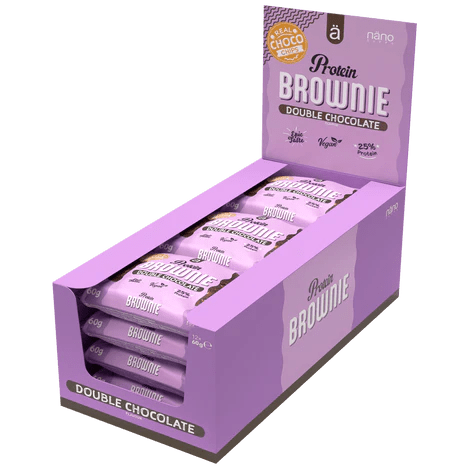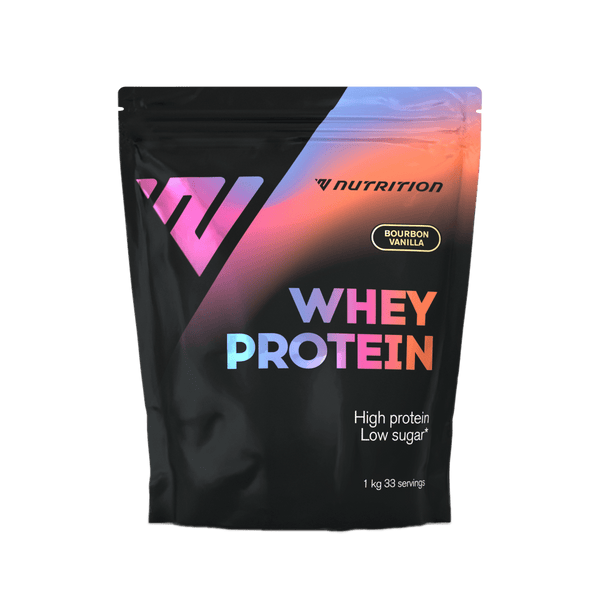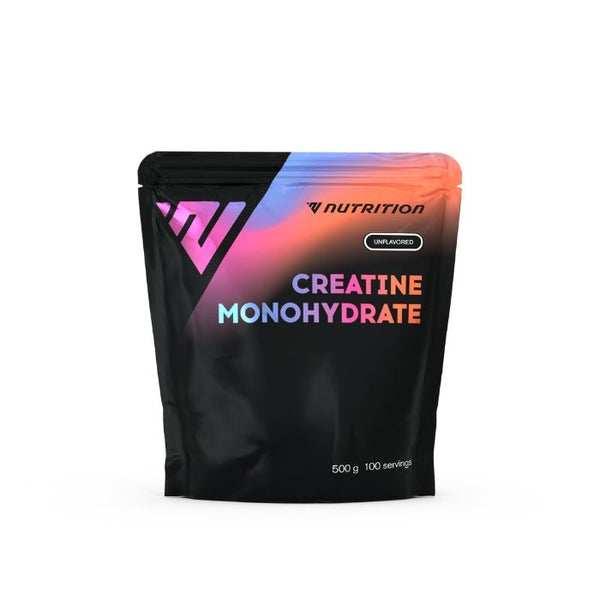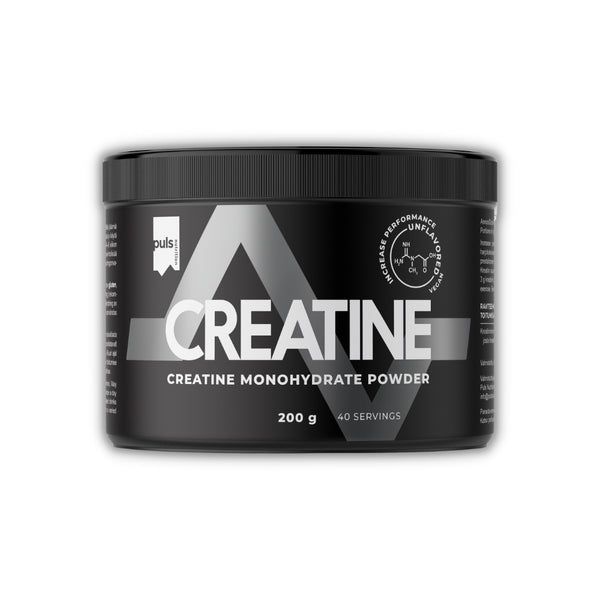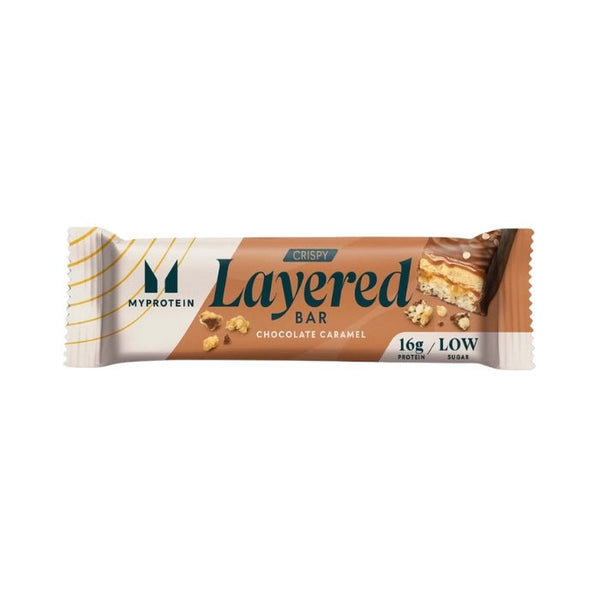A healthy diet does not only mean a beautiful height or an ideal figure on the weight display, but also that you are healthy and feel good in your body. Even widespread vitamin D deficiency can be the reason why not only physically but also mentally ill feel. That's why it's important to make sure your body gets all the vitamins, trace elements and minerals it needs. Especially if you have excluded a product group from your diet or are consuming it in insufficient quantities.
Which ingredients are the basis of well-being?
Bonn Tauba-Dix, a world-renowned nutritionist and nutritionist, says that the body should try to absorb all the nutrients it needs from food, but realistically, it is always impossible to meet all the needs of one's body. Vitamin deficiency is associated with various diseases, so supplementing your daily diet with vitamins in the form of tablets or capsules is even recommended. (Before that, it is advisable to pass the tests and consult a doctor.) Multivitamins will be a good start, but then which ingredients should be found in good multivitamins?
- Vitamin D helps the body absorb calcium, which is especially needed for bone health. Vitamin D deficiency can weaken the immune system, promote bone loss, hair loss and back pain.
- Magnesium is one of the most important minerals you need to take in food or supplements, as it is responsible for bone health, energy production, helps fight stress and sleep disorders, and supports the nervous system and muscles.
- Without calcium, a healthy body is unthinkable, as this mineral is responsible for strong bones and teeth, but it has been found that about 40% of Americans take it in insufficient amounts, which can lead to serious health problems in the long run. Women experience a decrease in bone density at an earlier age than men, so they should take special care of calcium in their diet.
- Low levels of zinc are most common in the elderly and those who are often exposed to stress on a daily basis. (Let's be honest - so it's for the majority of society.) This trace element ensures the normal functioning of the immune system and helps our body use carbohydrates, proteins and fats for energy, and zinc promotes wound healing.
- Iron definitely needs to be in your multivitamins, but not everyone needs it in the same amount, because, for example, women during menstruation, pregnant women and teenagers may need this trace element more than others. Iron increases energy, improves brain function and helps maintain an optimal amount of red blood cells in the blood.
- Every current or expectant mother knows that folic acid is necessary for the normal development of the unborn baby, but it also promotes nail growth, helps fight inflammation and even mental health problems.
- Vitamin B12 in the human body ensures normal blood production, takes care of the health of the nervous system, as well as it plays an important role in the synthesis of genetic material of cells or DNA and RNA. Adequate intake of vitamin B12 also helps prevent megaloblastic anemia, which makes a person feel weak and constantly tired.
The next time you look for multivitamins, be sure to include all seven of these minerals, trace elements and vitamins.
What supplements should I take if I am vegan?
As vegetarian and vegan lifestyles become more popular, the question becomes more relevant - how to supplement my diet so that I do not give up good health by giving up certain groups of products? Here, too, there will be seven points to look out for.
- Vegan-friendly sources of vitamin B12 are mushrooms, nori leaves, spirulina, chlorella and yeast, but it should be noted that even with a balanced diet, vegans are at greater risk of vitamin B12 deficiency than people who eat meat and animal products. Over the years, the body's ability to absorb vitamin B12 decreases, so its intake in the form of a food supplement is often the only way to keep levels within normal limits.
- It is no secret that not only vegans but also omnivores suffer from vitamin D deficiency, as there are few products that contain this vitamin, and their amount is so small that it is almost impossible to get the required daily dose of vitamin D with food alone. The research data show that in Latvia vitamin D deficiency affects more than 80% of the country's population, which means that only one in five people in the country does not need to use vitamin D in the form of a food supplement.
- When we hear "Omega-3", we automatically think of fish as the most popular source of these essential fatty acids, which our body does not produce itself. But what more fish if I'm vegan ?! Studies have shown that vegetarians and vegans have up to 50% lower levels of EPA and DHA fatty acids than omnivores, so it is recommended that vegans (and also vegetarians) supplement their diet with Omega-3 fatty acids derived from natural seaweed.
- Low levels of iron in the body can lead to anemia or constant tiredness and weak immune systems, but too high levels of iron can cause health problems, so you should consult a doctor and perform the necessary tests before taking iron supplements. (We take iron in our diet in two forms: heme, which is found in animal products, and non-heme, which is found in plant products. Heme iron is absorbed much better in the body than non-heme iron, so vegans are more prone to iron deficiency.)
- Studies have shown that most vegans take inadequate calcium (less than 525 mg per day) through diet, which puts vegans at greater risk of fractures than omnivores. By ingesting enough calcium, you will take care not only of your bones and teeth, but also of your heart health, nervous system and satisfactory muscle function.
- Zinc plays a vital role in the functioning of the metabolism and immune system, but unfortunately a very small number of plant products contain a lot of zinc, and the absorption of this trace element from some plants is very low. To increase zinc levels in the body, it is recommended to eat nuts, seeds, whole grains, wheat germ and legumes, but if the diet alone can not absorb the required daily dose of zinc, it is recommended to take zinc tablets.
- Without iodine, healthy thyroid function is unthinkable, but the bad news is that vegans are 50% more likely to experience iodine deficiency than vegetarians. Foods high in iodine include milk and milk products, seaweed, seafood and iodized salt. Vegans who do not consume iodized salt or seaweed in their daily diet should consider using iodine in the form of food supplements.
Note: when taking care of the environment, do not forget to take care of yourself!
What to use if I want to enhance my beauty?
Let's be honest, we not only want to feel good, but to look the same, because these two things often go hand in hand. When it comes to beauty, the saying that beauty comes from within should be taken quite literally, because what we take in with food and its various supplements is also visible in our skin, hair and nails. What do experts recommend to enrich your diet if you want to increase your natural beauty and at the same time health?
Collagen is the richest protein in our body, which is vital for tendons, ligaments, skin and muscles. In recent years, hydrolyzed collagen has become particularly popular because it is the easiest form to be absorbed by the body, and of course because it has been scientifically proven that its use can significantly relieve joint pain and improve skin condition by making it more elastic and moisturized. (Collagen use also has a positive effect on heart health, muscle mass gain and bone strength.)
The most important vitamins for the health and beauty of your skin are D, C, E and K, the intake of which in sufficient amounts can help reduce dryness, roughness (for example, on the elbows), redness, dark spots and even wrinkles.
But if you want your hair to grow beautifully and healthily, your body will need the already mentioned vitamins C, D and E, as well as vitamin A and vitamin B7 or biotin. No less important are trace elements such as iron, which is more common in women and vegans, and zinc, which plays a key role in hair growth and regeneration. Many people may not know it at all, but protein or protein also plays an important role in the health of the headdress, because protein deficiency in the body can weaken the ability to grow hair and even promote hair loss.
Of course, well-being is a broad enough topic that it is not possible to tell about it all in one article - if it were, then we would all always feel and look good. However, one thing is clear: to feel better, it is worth following your diet and the results of analyzes, because sometimes even a deficiency of one element can seriously ruin your well-being.
SOURCES: Healthline; Department of Health and Human Services; PubMed Central




